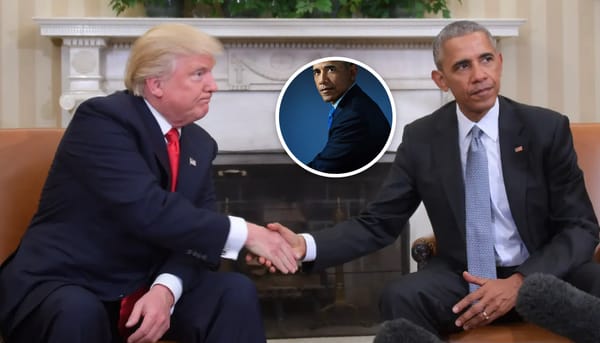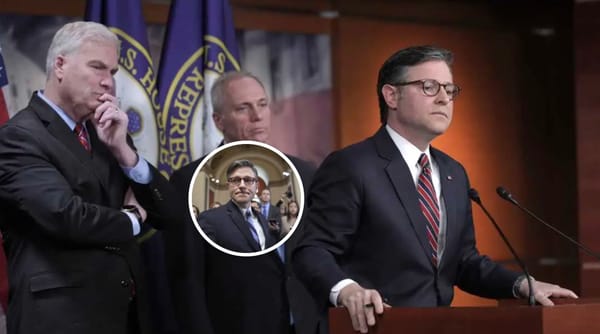Supreme Court Blocks Trump's Use of Centuries-Old Law to Remove People
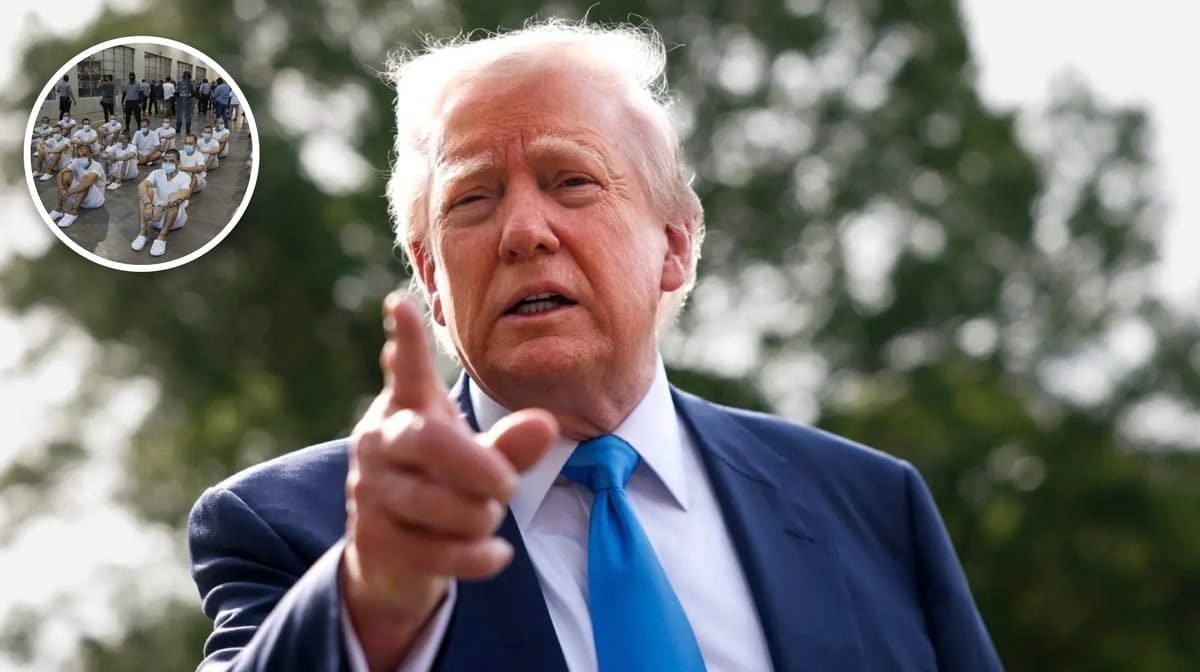
America's highest court just weighed in on a dramatic legal fight.
It involves a power from the 1700s and efforts to quickly remove certain individuals from the country.
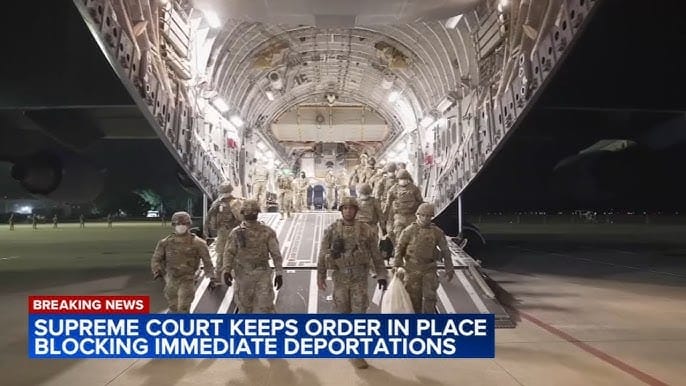
Invoking Ancient Authority
President Donald Trump's administration had sought to utilize a rarely invoked law dating back to 1798.
It's called the Alien Enemies Act.
This power allows for the apprehension and deportation of male citizens of a hostile nation during times of declared war or invasion.
The administration's stated goal was to streamline the removal of certain individuals, particularly those alleged to be affiliated with dangerous gangs.
This aligns with President Trump's consistent campaign pledges to strengthen border security and expedite the removal of individuals deemed a threat to national security.
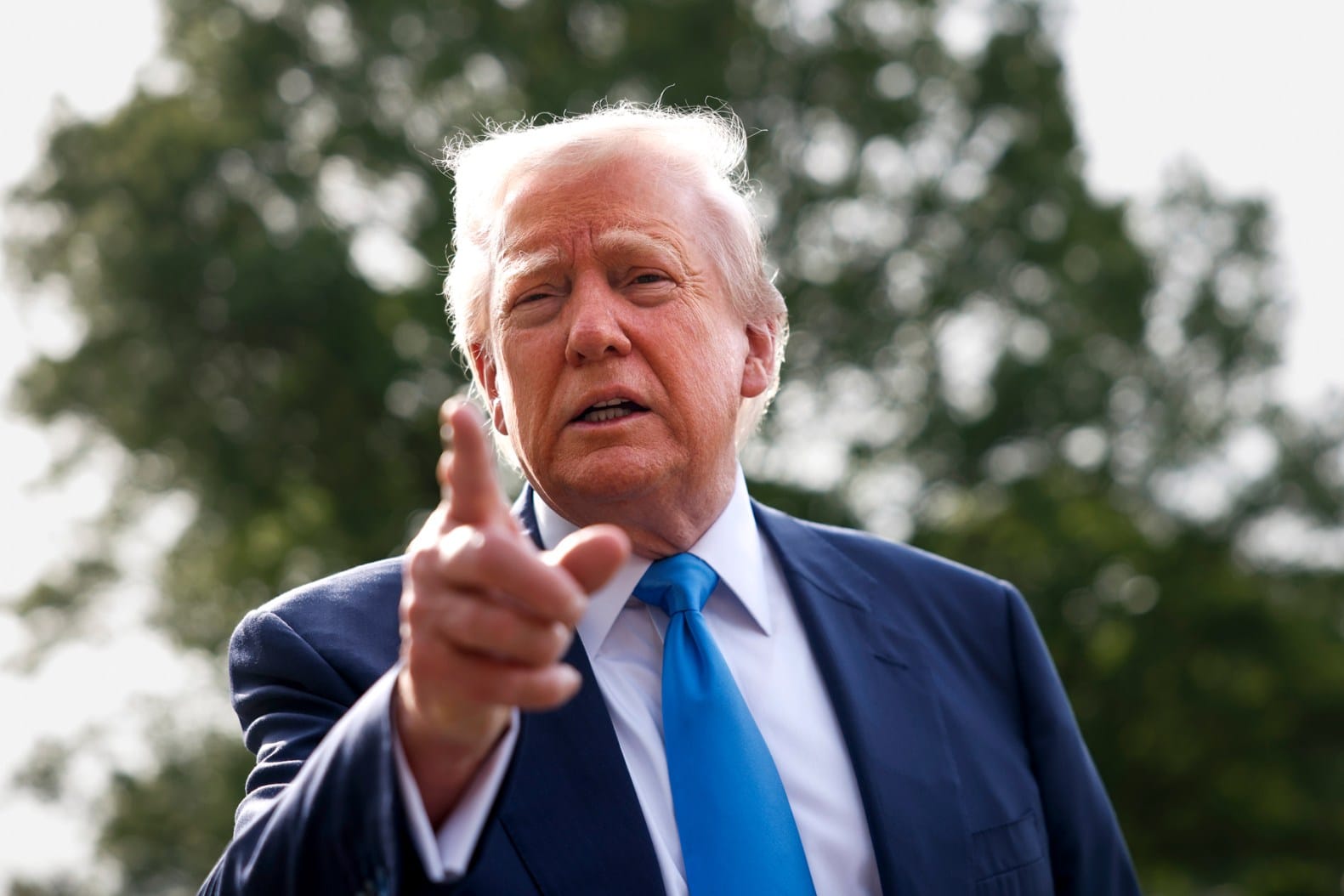
Using the Act was seen by supporters as a necessary tool to bypass the often lengthy and complex standard deportation procedures.
The focus was reportedly on individuals identified as members of the Venezuelan gang Tren de Aragua.
Legal Hurdles Emerge
However, the administration's use of this centuries-old authority quickly ran into legal challenges.
Civil liberties groups filed lawsuits arguing that the individuals targeted were being denied fundamental due process rights.
Specifically, concerns were raised about the speed of the removals and the limited notice provided to those facing deportation under the Act.
Lower federal courts across the country began grappling with the legality of the administration's invocation of the Act.
Several judges issued temporary orders blocking deportations under the law in various jurisdictions.
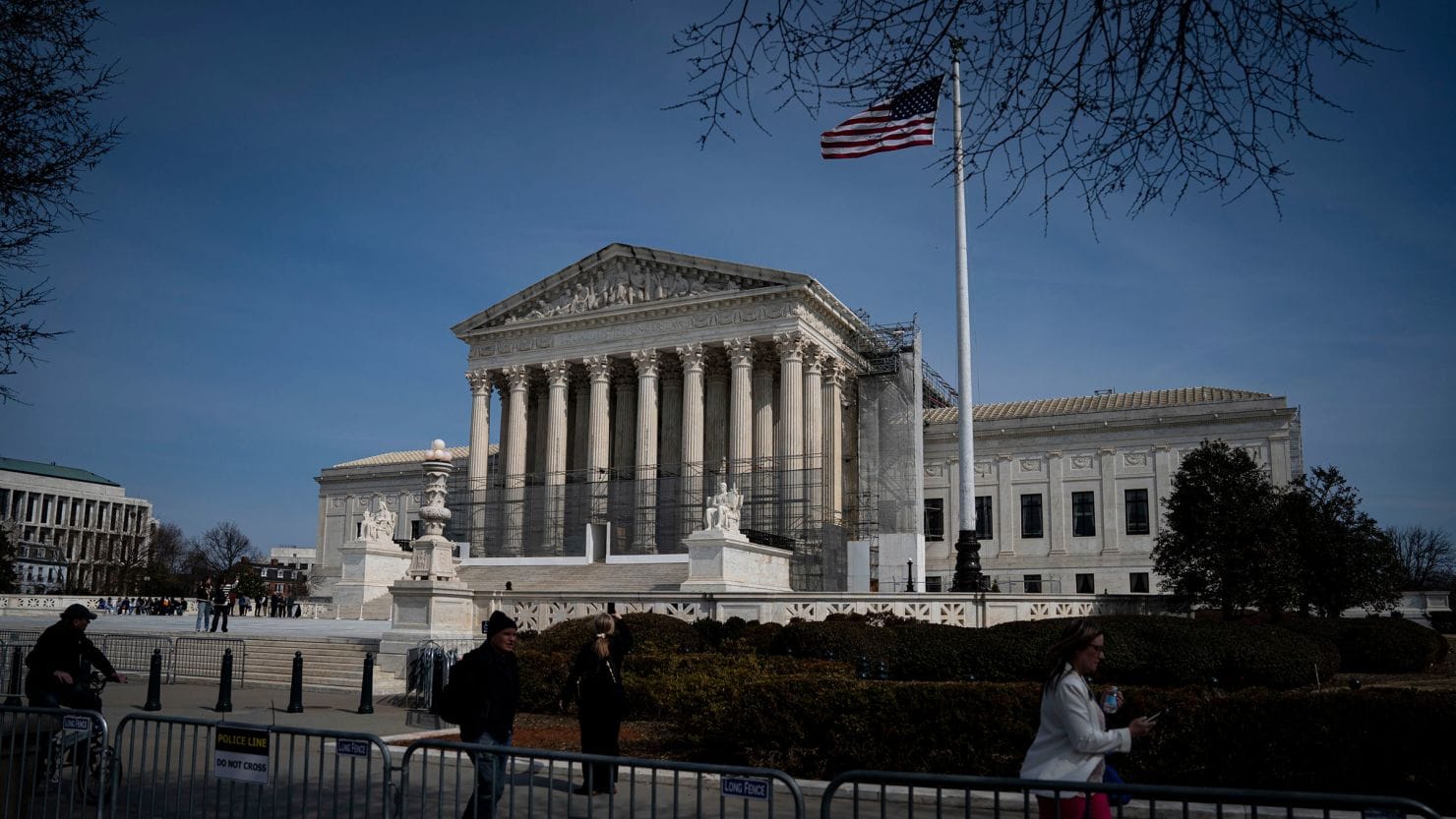
Some rulings questioned whether the current situation met the "declared war" or "invasion" threshold required by the 1798 law.
Others focused on the process afforded to those targeted.
Debate Among Justices
The legal fight eventually reached the steps of the Supreme Court.
The administration had appealed lower court blocks, arguing for the need to use the authority for national security reasons.
Inside the Court, debate ensued.
Conservative Justices Clarence Thomas and Samuel Alito noted their dissent from the majority's decision in this instance.
Justice Alito, in a detailed dissent joined by Justice Thomas, criticized the Court's intervention at this stage.
“The court... has blazed a new trail. It has plucked a case from a district court and decided important issues in the first instance. To my eyes, that looks far too much like an expansion of our original jurisdiction.”
This suggests a concern among some justices that the Court was acting prematurely or stepping outside its usual role in how it handled the case.
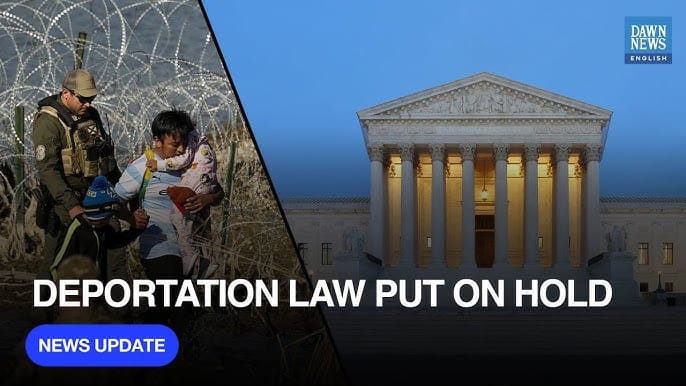
Justice Brett Kavanaugh, while concurring with the immediate decision, suggested the Court should have taken up the full case to resolve the underlying legal questions more quickly.
This highlights the complexity and urgency the high court saw in the matter.
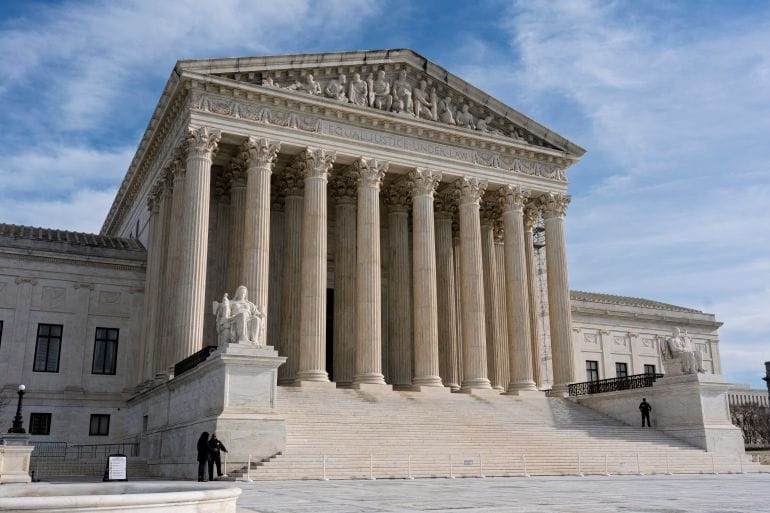
The Court's Ruling
In an unsigned opinion, the Supreme Court delivered its decision regarding a specific group of immigrants in northern Texas.
The Court sided with the individuals who feared imminent removal under the Act.
However, the ruling was procedural rather than a final judgment on the legality of using the Act itself.
The justices sent the case back to the 5th US Circuit Court of Appeals for further review.
Crucially, the Court indicated that the process afforded to the individuals, specifically the short notice period, did not "pass muster."
They referenced a previous case highlighting the potential for severe consequences if individuals are deported in error, stating "the detainees’ interests at stake are accordingly particularly weighty."
This means the Court emphasized the need for sufficient notice and opportunity for individuals to legally challenge their removal before it happens, upholding the principle of due process.
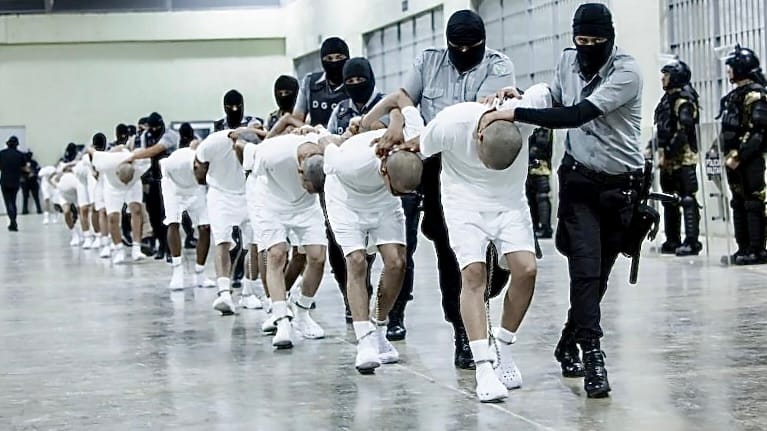
The decision effectively pauses deportations under the Alien Enemies Act for this group, and likely others, until the fundamental legal questions are resolved through the appeals process.
President Trump reacted to the decision on social media, stating the Supreme Court "WON’T ALLOW US TO GET CRIMINALS OUT OF OUR COUNTRY".
This underscores the administration's perspective that the legal challenges are hindering efforts to remove dangerous individuals.
What Happens Next?
The legal battle over the Alien Enemies Act is far from over.
The case now returns to the lower courts, which will continue to examine the core questions: Is the administration's invocation of the Act legal under current circumstances, and what level of due process is required if it is?
Ultimately, the Supreme Court may need to weigh in again to provide a final answer on the scope and application of this rarely used law in the 21st century.
